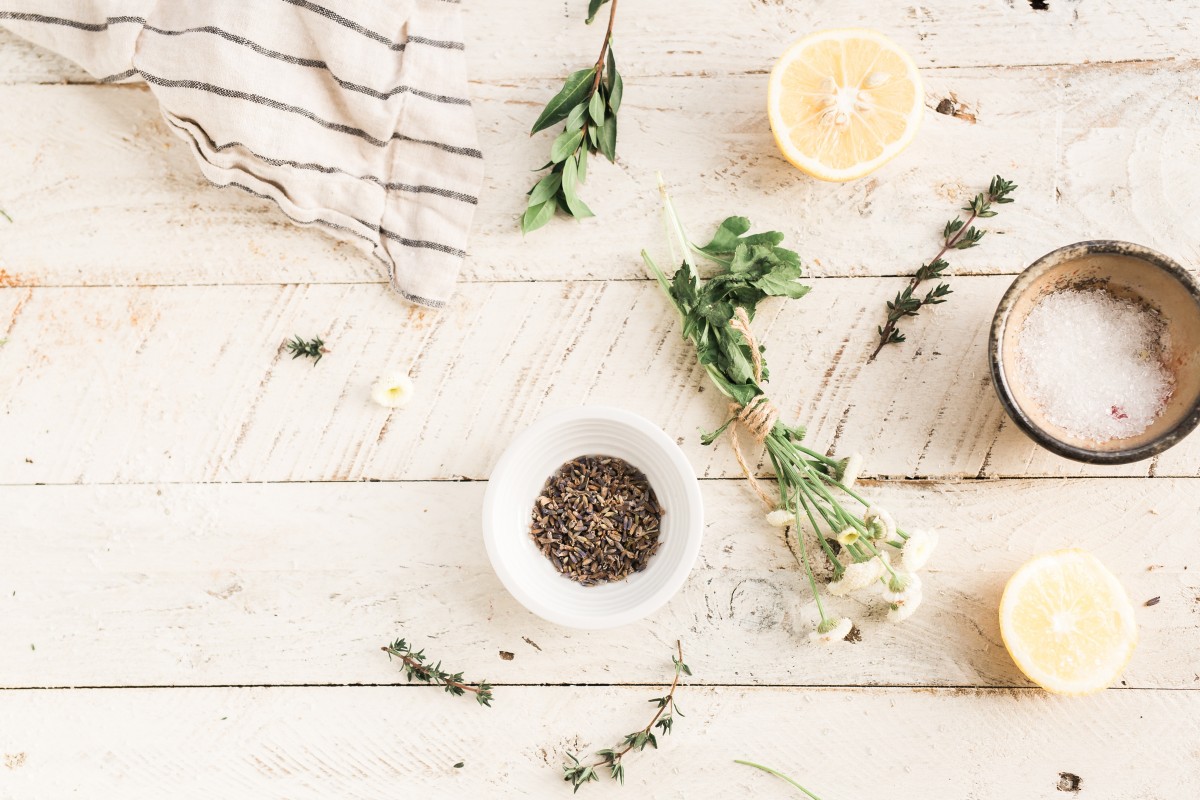Cooking Options for a Low-Stress Holiday Season
Cooking Options for a Low-Stress Holiday Season
 Picture yourself stress-free during the holidays because you prepared and froze holiday meals and treats in advance. Freezing prepared foods allows you the satisfaction of homemade meals with the convenience of store-bought ones.
Picture yourself stress-free during the holidays because you prepared and froze holiday meals and treats in advance. Freezing prepared foods allows you the satisfaction of homemade meals with the convenience of store-bought ones.
Keep these tips from University of Georgia Cooperative Extension in mind when freezing prepared foods.
Freezing will not improve the texture, flavor or quality of food. It simply acts to preserve the quality of the food. Therefore, you should only freeze high-quality products. After cooking the food you plan to freeze, cool it quickly to maintain the safety of the food.
Package foods for the freezer in moisture-vapor resistant materials to prevent freezer burn. Clearly label each package with the name of the food, ingredients, packaging date, special instructions and the amount of food. Package foods in amounts you will be able to use at one time.
Freeze food as soon as it is packaged and sealed and place it in the coldest part of the freezer. Research the ingredients ahead of time to see what foods do not freeze well. Reference UGA Extension’s recommendations at www.uga.edu/nchfp/how/freeze/dont_freeze_foods.html.
When the time comes to thaw your stash of frozen meals, several options are available. Remove frozen food from the freezer and immediately place it in the oven for thawing and heating (as long as it is in a freezer-to-oven safe container). Some foods are best thawed and heated using a double boiler.
Foods that contain fish, meat, eggs or other high protein ingredients should be thawed in the refrigerator or microwave. To ensure the safety of your food, do not allow these potentially hazardous foods to stay in the temperature danger zone (40-140 degrees Fahrenheit) for more than two hours.
Breads, cakes and cookies that are precooked may be thawed at room temperature. Reheat all prepared foods, except non-meat baked goods, sweets and fruits, to at least 165 F quickly, within two hours.
To keep homemade food on your dinner table without all of the stress and hassle, plan ahead and freeze prepared foods. For special instructions on preparing and freezing food, visit www.uga.edu/nchfp/publications/uga/FreezingPreparedFoods.pdf.
This article was originally published on the CAES NewsWire, written by Elizabeth Andress– professor in the online Foods and Nutrition, Community Nutrition program.
